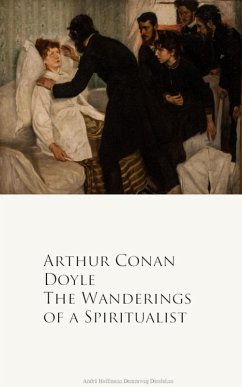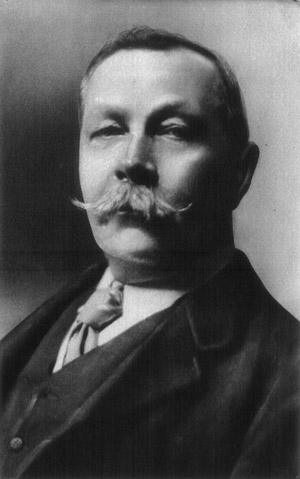"This book is Sir Arthur Conan Doyle's confession of faith, very frank, very courageous and very resolute ... the courage and large-mindedness of this book deserve cordial recognition."-Daily Chronicle. "It is a book that demands our respect and commands our interest.... Much more likely to influence the opinion of the general public than 'Raymond' or the long reports of the Society for Psychical Research."-Daily News. "Sir Arthur Conan Doyle's 'The New Revelation' was his confession of faith. 'The Vital Message' seeks to show our future relations with the Unseen World."-Daily Chronicle. "... it is a clear, earnest presentation of the case, and will serve as a useful introduction to the subject to anyone anxious to learn what the new Spiritualists claim for their researches and their faith.... Sir Arthur writes with evident sincerity, and, within the limits of his system, with much broad-mindedness and toleration."-Daily Telegraph. "A splendid propaganda book, written in the author's telling and racy style, and one that will add to his prestige and renown."-Two Worlds. SPIRITUALISM AND RATIONALISM With a Drastic Examination of Mr. Joseph M'CabeSir Arthur Conan Doyle's trenchant reply to the criticisms of Spiritualism as formulated by Mr. Joseph M'Cabe. Paper, 1/. net.
Dieser Download kann aus rechtlichen Gründen nur mit Rechnungsadresse in A, B, BG, CY, D, DK, EW, E, FIN, F, GR, H, IRL, I, LT, L, LR, M, NL, PL, P, R, S, SLO, SK ausgeliefert werden.


